

I learned in the NYT profile "What is Art For?" that Lewis Hyde now lives in Cambridge, Massachusetts, in a "beautiful, bright house, in whose back garden stands the trellis-covered studio — a former turkey pen — where Hyde was a tenant when he wrote The Gift." A turkey pen! Hyde himself is like a heritage turkey: a rare bird in the tradition of Emerson, Thoreau, and Whitman. His newest work, on the public commons, wrestles with notions of individual genius and the myth of self-reliance.
I'm glad to know that The Gift helped established a life of the mind for Hyde, who wrote an earlier essay titled "The Tuber Mind": this seems like an instance of poetic justice. The Gift was mentioned in a blog post at the New York Times, "Re-Gifting" by Dwight Garner, on January 15, 2008, in an entry that reprints in full the less-than-lukewarm review written by Martha Bayles when the book first came out in 1983.
Several weeks later a diverse group of poets (Gary Snyder, Wendy Salinger, Robert Pinsky, Frank Bidart, Patricia Hampl, and Donald Hall) retorted with a defence of The Gift as "the first attempt at a general theory of gift exchange in over half a century and the only attempt that we know of to apply that theory to the situation of creative artists born into a market-oriented society."
The poets' letter seems somewhat naive today, in its claim that "Mr. Hyde’s work is a part of the search to regain the unity of economic, esthetic, social and religious life" – as if such a thing ever existed. But since The Gift was published we've become a culture obsessed with Rhonda Byrne's derivitive and peculiar multi-media industry The Secret, which promises "a new era for humankind in which...the power of love and gratitude will dissolve all negativity in our lives; no matter what form it has taken." I'll take the gift over the secret any day (– forgive me if that comment hinted at negativity!).
The full title of Hyde's first book is The Gift: Imagination and the Erotic Life of Property. I want to reread it now, in this moment of crazy-making economic restructuring. (Wait, we are bailing out the banks and credit cards?! Don't I give them enough money already?) In the years since it first appeared, I've found myself thinking about Hyde whenever I've encountered traditional currencies: the bride price of shells collected throughout the Trobriand Islands, given to my parents when my sister married a man from Papua New Guinea; the banana leaves that her mother-in-law, Sarah, scores and stores up in great piles, to redistribute during sagali, memorial events for the dead.
I thought of this book just last week, in fact, when visiting the IU Art Museum, looking at a show of traditional African currencies that includes jewelry, farm implements, and weapons, presented to the Art Museum by Santa Fe blacksmith sculptor Tom Joyce. And I wonder about it when I tour Etsy.com, cruising for works of art made by individual artisans.
























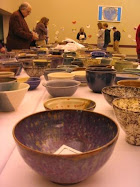




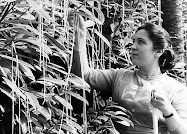



























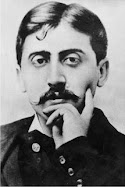






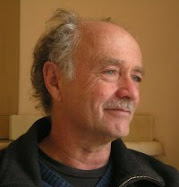











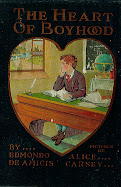
















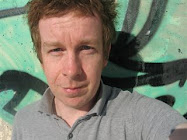




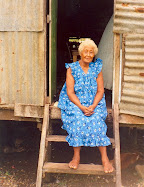





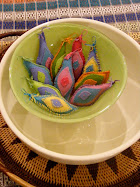




















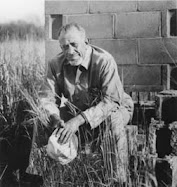









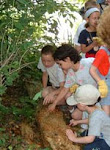.jpg)














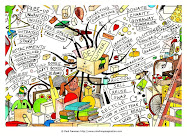












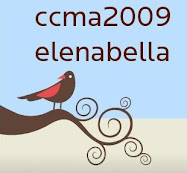




























































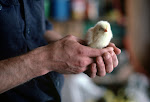
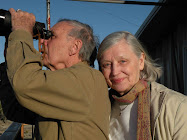
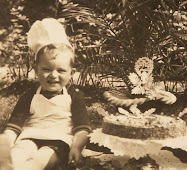














































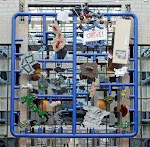.jpg)








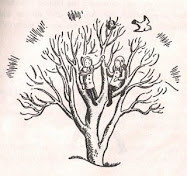







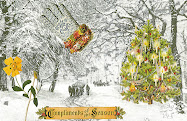



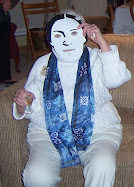









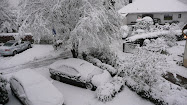






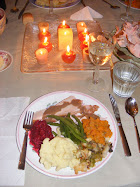




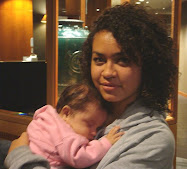






























































No comments:
Post a Comment